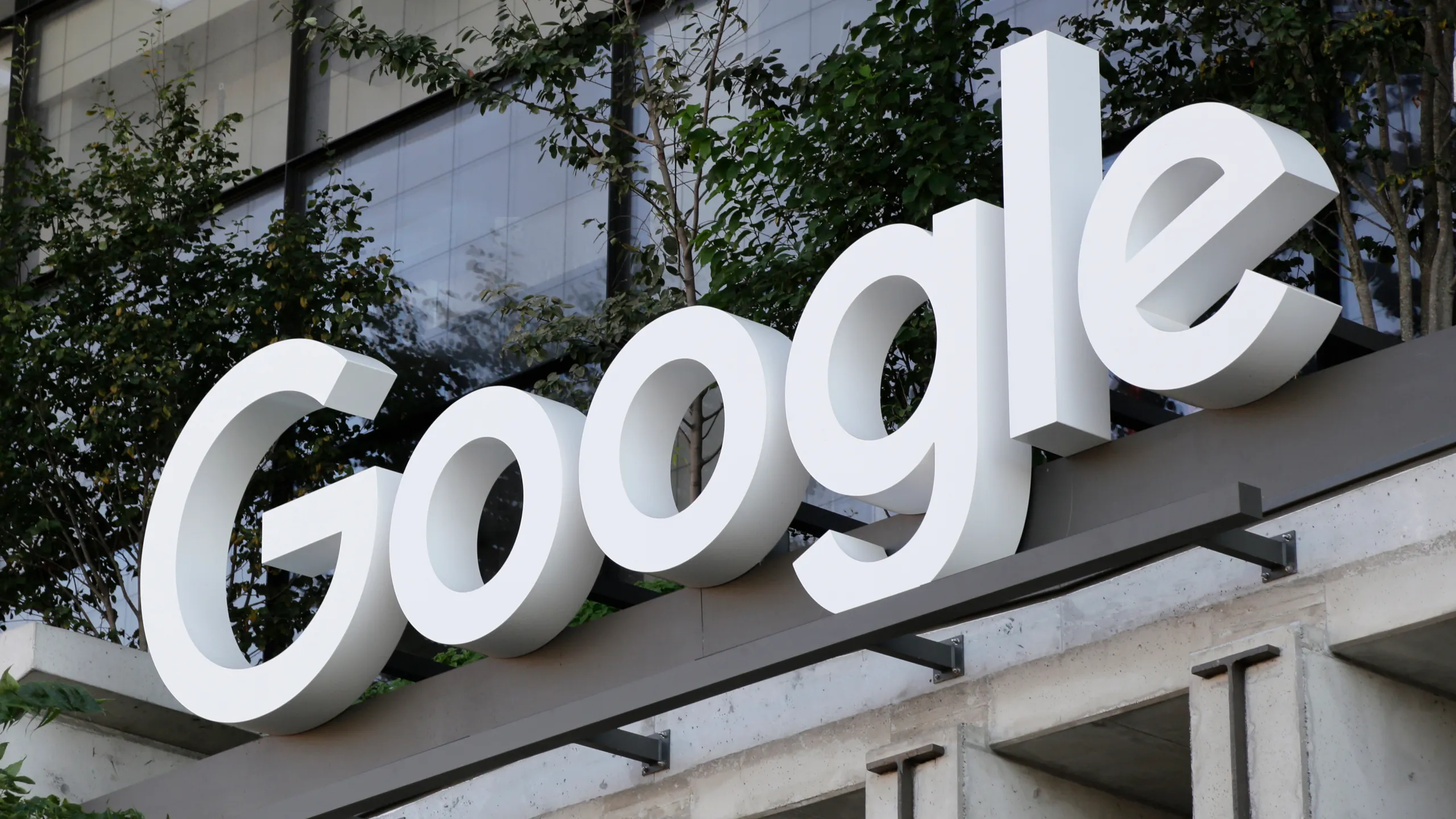The trial, anticipated to span a duration of 10 weeks, holds substantial implications for the authority of US regulators in overseeing tech behemoths.

In a high-stakes trial unfolding in Washington DC, Google vehemently refutes allegations of monopolistic conduct, contending that transitioning to an alternative search engine is as simple as “literally four taps”. This assertion was made by a company representative during Tuesday’s proceedings, as the tech giant, Google faces a pivotal legal battle over claims of market dominance.
The trial, anticipated to span a duration of 10 weeks, holds substantial implications for the authority of US regulators in overseeing tech behemoths. Central to the case, prosecutors argue, is “the future of the internet”.
Heading the proceedings is Judge Amit Mehta, appointed by former President Barack Obama, marking this trial as the most significant for the industry in a quarter-century.
The government’s lawsuit centers on substantial payments made by Google to companies like Apple, Samsung, and Mozilla for pre-installing Google as the default search engine. It is estimated that tech giant Google disburses over $10 billion annually for this privilege, ensuring a continuous inflow of user data that bolsters its market position.
Addressing the judge, Department of Justice lawyer Kenneth Dintzer emphasized, “Are there other distribution channels? Other ways of distributing search? Yes… Are these powerful as defaults? No. The best testimony for that, for the importance of defaults, your Honour, is Google’s cheque book.”
Initially, when Google was designated as Apple’s default search engine in 2002, no financial transactions were involved. However, by 2005, apprehensive about losing its lead, Google proposed payments to the company, eventually issuing threats to withdraw these payments if other firms gained similar access, according to government claims.
Additionally, Google allegedly discouraged Apple from expanding its own search offerings and dissuaded Samsung, the manufacturer of Android phones, from collaborating with a company employing an alternative search method.
“This is a monopolist, flexing,” asserted Mr. Dintzer.
Google counterargued that it contends with robust competition, not only from general search engine companies like Microsoft’s Bing, but also from specialized websites and applications that users employ to find specific services such as restaurants and airline flights.
“The evidence in this case will show Google competed on the merits to win pre-installation and default status, and that its browser and Android partners judged Google to be the best search engine for its users,” stated the company’s lawyer, John Schmidtlein.
Mr. Schmidtlein also pointed out that, despite Bing being the default browser on the majority of Windows PCs, a significant number of users still opt for Google, underscoring Google’s efficacy as a search platform.
This trial marks the latest in a series of regulatory challenges confronting Google, which recently settled a separate case related to its app store brought forth by US states. The company is simultaneously contending with a federal lawsuit concerning its advertising business and grappling with multiple monopoly cases in Europe, resulting in hefty fines.
Should the government secure a victory, it has called for “structural relief”, potentially entailing the division of the company.
The suit arises at a juncture where emerging technologies like artificial intelligence and innovative search methods, such as ChatGPT, present a formidable challenge to Google’s longstanding dominance, signifying a shifting landscape in the tech industry.